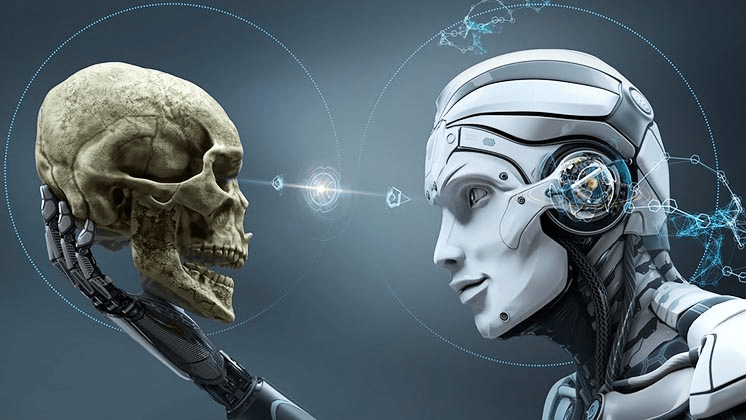Technologies continue to radically change the labor market. According to the World Economic Forum's forecast, a number of professions will disappear at particularly fast rates over the next five years – primarily due to automation, digitalization, and the development of artificial intelligence.
In a new infographic, Visual Capitalist presented 15 professions that will see the most reduction in the next five years. This data is based on a survey of over a thousand international companies, covering a total of more than 14 million workers.
Which professions will be reduced the most
Postal service workers
Bank cashiers and related clerks
Data entry specialists
Cashiers and ticket sellers
Administrative assistants and executive secretaries
Printing workers and related fields
Accounting, bookkeeping, and payroll workers
Material accounting and inventory storage workers
Transport workers and conductors
Vendor suppliers, newspaper vendors, and street sellers, as well as workers in related fields
Graphic designers
Loss adjustment experts, experts, and investigators
Officials in the legal field
Legal assistants
Telemarketers.
The most vulnerable positions turned out to be clerical and office jobs. It is predicted that the number of postal service workers will decrease by 40%, bank cashiers by 35%, and data entry specialists by 34%. Such professions are the first to be reduced, as their tasks can be easily automated using AI.
Also at risk are positions in retail and the administrative sector. Cashiers, controllers, and ticket sellers – the demand for these professions will decrease due to the expansion of e-commerce and self-service technologies.
Among other professions that can be replaced by artificial intelligence:
Taxi drivers. The possibility of this first arose after the advent of self-driving cars. Currently, companies are actively investing in technologies that may replace taxi drivers.
Travel agents. When planning a vacation, users increasingly turn to chatbots, where travelers can independently choose a flight or book a trip without intermediaries.
Warehouse workers. Managing inventory, sorting goods, sorting and compiling orders – all of these functions can currently be performed by robots with artificial sensors and AI.
With their help, business owners increase production efficiency, reduce the risk of errors or defects that could have been made by humans.
Receptionists. Many hotels and offices have already implemented automated check-in systems and virtual customer service desks. It is assumed that as these trends develop, the need for an administrator position will disappear.
Proofreaders. Many AI-based tools have emerged that find errors in texts, improve their structure, and overall quality.
Watch repair masters. Durable watches that were so popular in the past are currently being actively replaced by digital ones, which in turn reduces the demand for repair masters.

